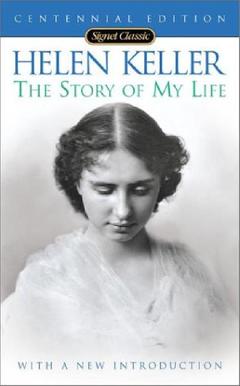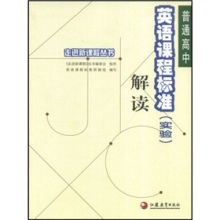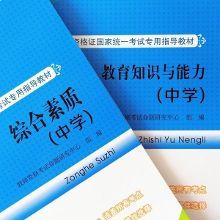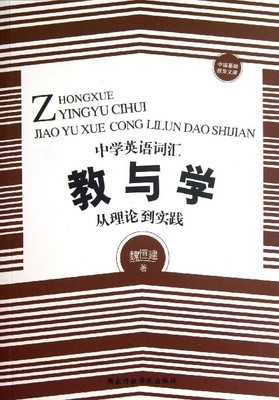Helen Keller
Helen Keller was a very special girl who needed a superbteacher. By the time she was seven years old, she still couldn’tspeak, read or write. This was because Helen couldn’t see or hear.With these severe restrictions on her communication, Helen’sbehavior was often unbearable. She was stubborn and angry, andoften broke things when she wasn’t understood.
Anne Sullivan was brought in to help Helen. Anne was a teacherand former student at a school for the blind in Boston. She had hadeyesight problems early in life as well so she could relate toHelen’s difficulties. Her first goal was to stop Helen’stroublesome behaviour. Helen would need this valuable preparationin order to learn language. She would also need lots of love. WhenAnne and Helen first met, Anne gave Helen a big hug.

Helen would have to learn to understand words spelled on herhand. Anne’s technique was simple and straightforward. She wouldput an object into one of Helen’s hands and spell the word into herother hand. She started with dolls. She would let Helen play withthe doll, and then spell the letters “D-O-L-L” into her hand. Helenthought this was a game. She had a precise description of her excitement in her book,The Story of My Life: “Running downstairs to my mother, Iheld up my hand and made the letters for doll. I did not know thatI was spelling a word or even that words existed; I was simplymaking my fingers go inmonkey-likeimitation.”
Then one day, Anne took Helen out to the well. Anne put Helen’shand under the water. As the water flowed over one hand, Annespelled “w-a-t-e-r” into the other hand. Then suddenly, Helen had aburst of understanding; the movement of the fingers meant the coolwater flowing over her hand. This precious knowledge gave her hopeand joy. Finally, the world of words was opening up to her.
Now that Helen understood the key to language, she was veryeager to learn more and use it as much as she could. Children whocan see and hear learn language easily but for Helen, it was agradual and sometimes painful process. However, the results wereamazing.
As Helen’s knowledge and vocabulary expanded, she asked more andmore questions. This soon led her to discover more complex wordsand changed her thinking processes. Trying to learn the word “love”was an experience that she remembered well. This is how shedescribed it in her book, The Story of My Life:
“I remember the morning that I first asked the meaning of theword ‘love’. This was before I knew many words. I had found a fewearly violets in the garden and brought them to my teacher … MissSullivan put her arm gently round me and spelled into my hand, ‘Ilove Helen.’ ‘What is love?’ I asked. She drew me closer to her andsaid, ‘It is here,’ pointing to my heart … Her words puzzled mevery much because I did not then understand anything unless Itouched it.”
The meaning of love was still not apparent to Helen but she kepton trying to understand. “I smelt the violets in her hand andasked, half in words, half in signs, a question which meant, ‘Islove the sweetness of flowers?’ ‘No,’ said my teacher.”
Helen then felt the warmth of the sun shining on them. Shepointed up and asked if that was love. When her teacher said thatit wasn’t, she was confused and disappointed. “I thought itstrange that my teacher could not show me love.”
The word “think” was also a difficult one for Helen but she hada breakthrough while working on a simple task. She was makingnecklaces with the help of Miss Sullivan when she noticed that shehad made some mistakes. Uncertain about how to fix them, shestopped to think carefully. As she did this, Miss Sullivan touchedHelen’s head and spelled the word “think” into her hand. “In aflash I knew that the word was the name of the process that wasgoing on in my head.”
It was the first time Helen understood such a complex word – aword for something she couldn’t touch. At that moment, her mindreturned to the word “love”. As she thought about its meaningagain, the sun came out. She pointed to the sun and asked herteacher again if that was love. Anne answered Helen by explainingthat love was like the sun and clouds in a way.
“You cannot touch the clouds, you know; but you feel the rain… You cannot touch love either; but you feel the sweetness that itpours into everything. Without love you would not be happy or wantto play.” In that vivid moment, Helen finallyunderstood the beautiful truth of word “love”.
 爱华网
爱华网



